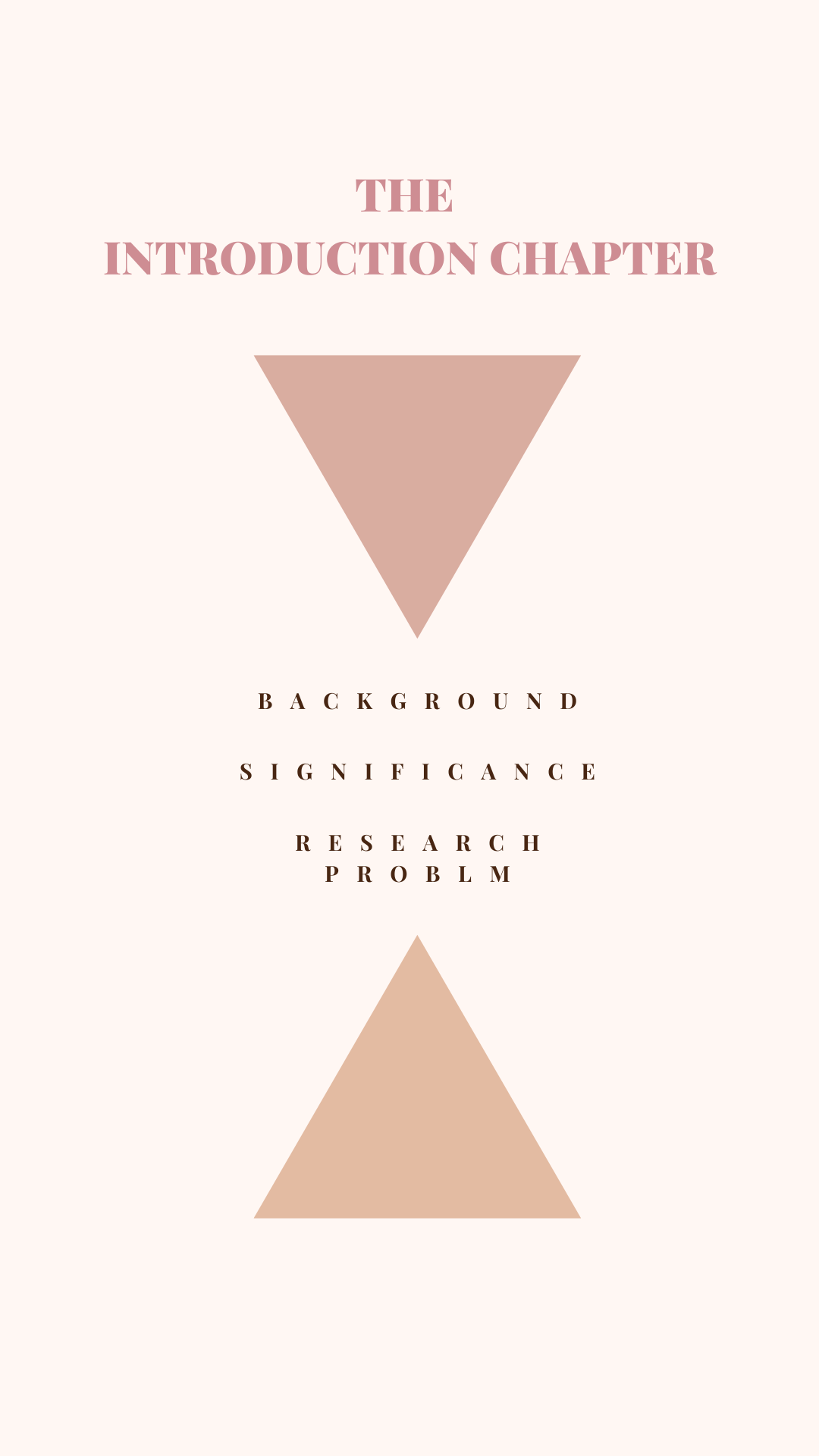The introduction chapter of your dissertation is more than just the opening act; it lays the foundation for your entire research. This section is where you set the stage, define the topic, and engage the reader. It’s an opportunity to demonstrate the significance of your study while positioning it within the broader academic conversation. Writing a strong introduction requires clarity, balance, and strategic thinking, but many students find it challenging to get it just right.
In this post, we’ll explore the main factors to consider when crafting an introduction chapter, common mistakes to avoid, and how academic coaching can guide you through this essential step.
What is the purpose of the introduction chapter?
The introduction chapter explains the core of your research. Its purpose is to answer three fundamental questions:
1. What is your research about? This means clearly defining your topic and explaining its scope.
2. Why does it matter? Here you highlight the importance of your research, its relevance to the field, and its potential contributions.
3. What are your goals? You should outline what you aim to achieve through your study.
By addressing these questions, you create a roadmap for the rest of the dissertation, providing the reader with a clear sense of direction.
Main factors to consider when writing the introduction
Contextualising your research is essential for a compelling introduction. This means providing background information that allows readers to understand the significance of your study without going into excessive detail. Start by painting a clear picture of the broader landscape your research fits into. For example, if you are exploring a niche topic, provide some context about why it has become relevant or pressing in your field.

Your introduction should also identify the key issue or problem your dissertation addresses. Framing the problem effectively demonstrates that you are contributing to an ongoing academic conversation. A well-contextualised introduction provides readers with enough background to understand your research’s value without overshadowing the main body of your work.
In addition to contextualising the research, your introduction should clearly outline your research objectives and questions. These elements offer a snapshot of your study’s purpose and scope. Make sure your objectives and questions are concise, specific, and relevant, as this sets the tone for a well-structured dissertation.
Common pitfalls to avoid
Too much or too little detail: One of the most common mistakes is either overwhelming readers with excessive background information or offering so little context that the topic feels vague. Strike a balance by focusing on the essentials.
Overly broad research questions: Vague or generalised research questions weaken the impact of your introduction. Ensure your questions are focused, measurable, and achievable.
Neglecting the reader: Avoid using jargon or technical terms that might alienate readers unfamiliar with your field. Write in a way that is accessible yet academically rigorous.
Leaving it until the end: Many students believe the introduction is best written after completing the dissertation. While revisions are always necessary, drafting the introduction early can help clarify your focus and guide the structure of your work.
How academic coaching can help
Writing a strong introduction can be overwhelming, especially when you’re grappling with the complexity of academic writing and the expectations of your field. This is where academic coaching comes in. Working with an academic coach can offer personalised guidance tailored to your unique research needs.
An academic coach can help you organise your thoughts, refine your ideas, and ensure your introduction meets academic standards. They provide valuable feedback, helping you identify areas for improvement and clarifying how to structure your work. A coach can also keep you accountable, ensuring you stay on track and avoid unnecessary delays.
Contextualising your research, crafting compelling objectives, and presenting your study with clarity are all skills that can be developed with the right support. With a coach’s help, you can navigate these challenges more effectively and produce an introduction that captivates your audience.
Ready to write a powerful introduction?
If you’re feeling unsure about how to approach your dissertation introduction or struggling to balance clarity with depth, academic coaching might be the solution you need. As an experienced academic coach, I’ve worked with countless students to overcome the hurdles of dissertation writing, from understanding how to write a thesis to tackling specific chapters with confidence.
Let’s work together to make your introduction chapter stand out and set the tone for a successful dissertation. Contact me today to learn more about how I can support you in your academic journey.